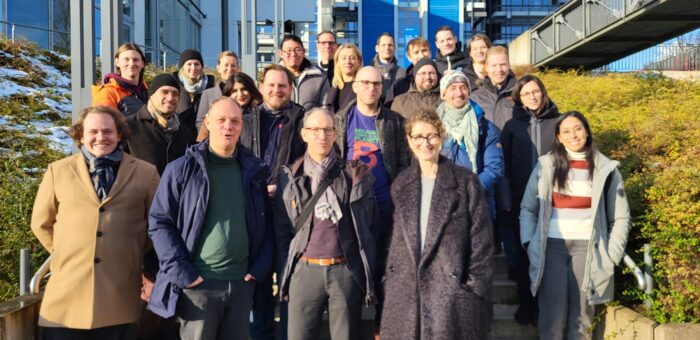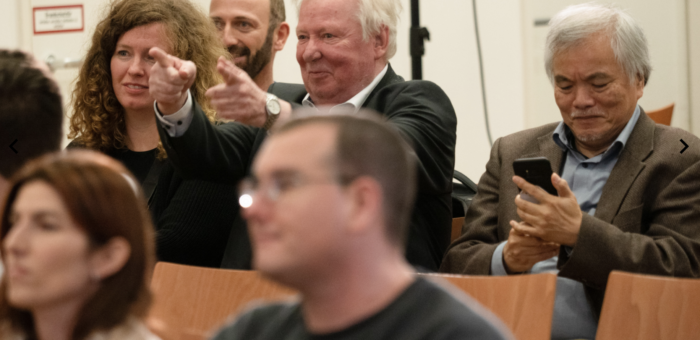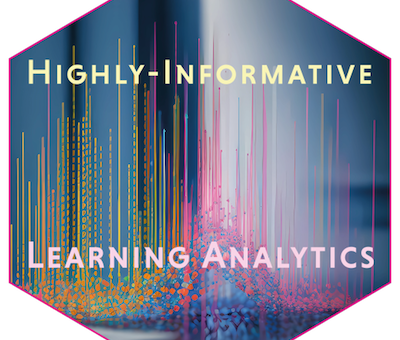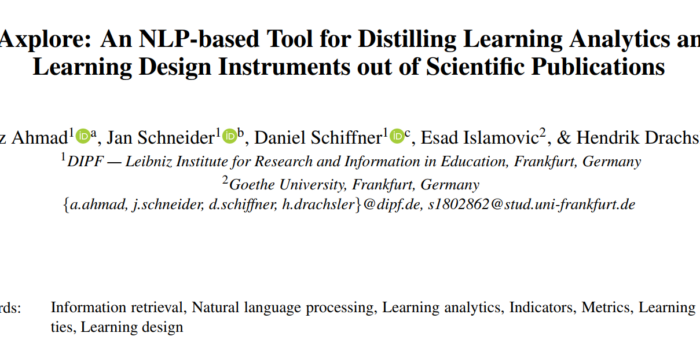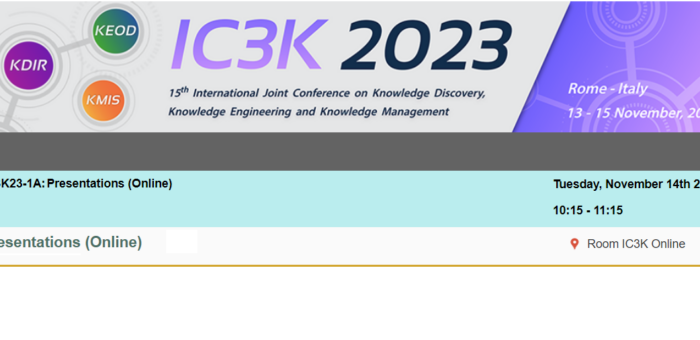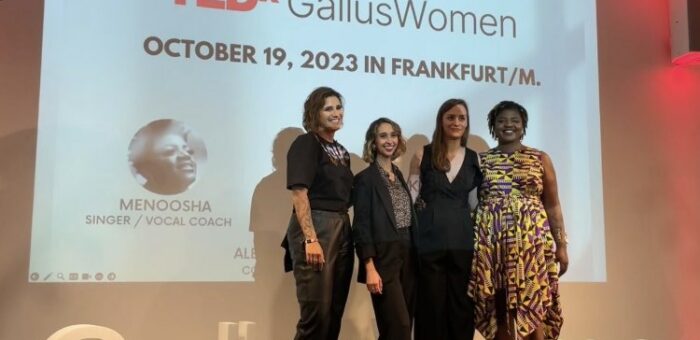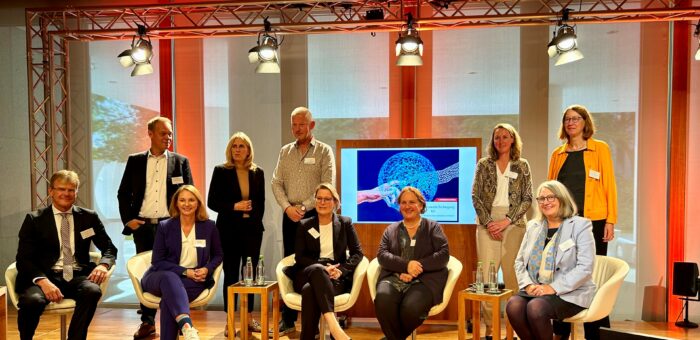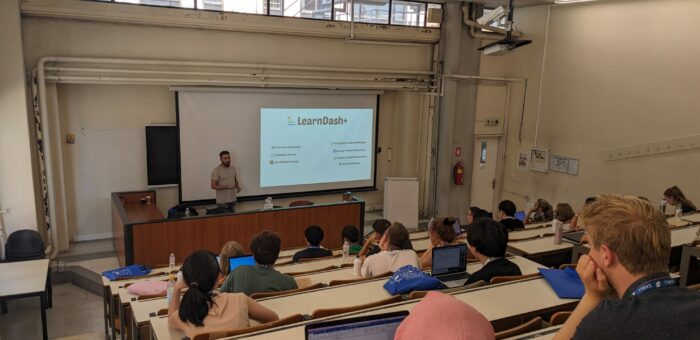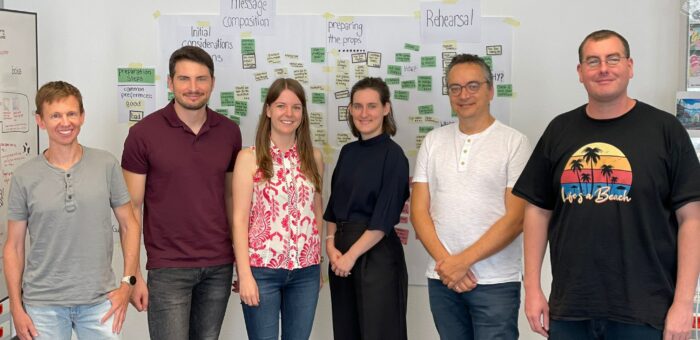
Kickoff meeting of the DFG Research Group CORE
The Johannes Gutenberg University Mainz (JGU Mainz) hosted a two-day kickoff meeting from 05-06.12.23 for the DFG-Research Group CORE, a project dedicated to the study of critical online reasoning (COR) skills in higher education. The CORE project aims to explore the online learning behaviors and online information landscapes that students in medicine, physics, economics, and social sciences use for their studies.The event brought together a the CORE project partners as well as the international advisory board to discuss the project's goals, achievements so far, and future directions. Inclusion of International Advisory Board Members The kickoff meeting was enriched by the presence of members of the CORE project's international advisory board, these esteemed members provided valuable insights and recommendations for the project's advancement, stressing the importance of interdisciplinary cooperation in the study…

